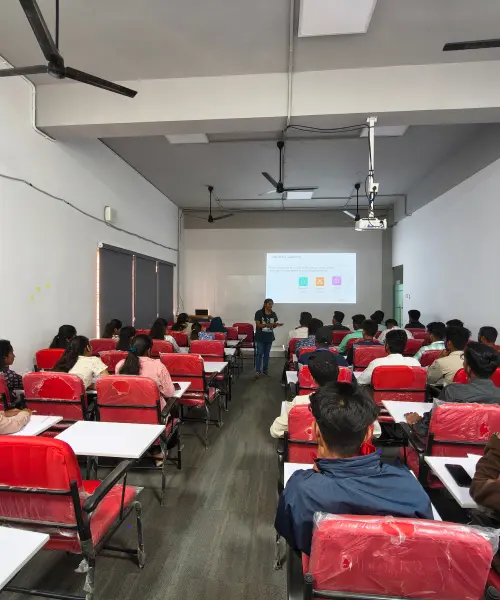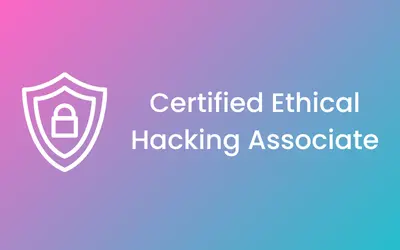CYBER SECURITY TRAINING IN VISAKHAPATNAM
-

-
(17614 Reviews)
-
Career Growth: Unlock the best career opportunities in Visakhapatnam's cyber security field. Prepare for top roles like security analyst or ethical hacker.
-
Essential Skills: Master the most important skills like network security, threat analysis, and risk management to protect businesses online.
-
Real-World Experience: Gain the greatest hands-on experience with internships at leading companies. Build your skills and confidence for a successful cyber security career.

























